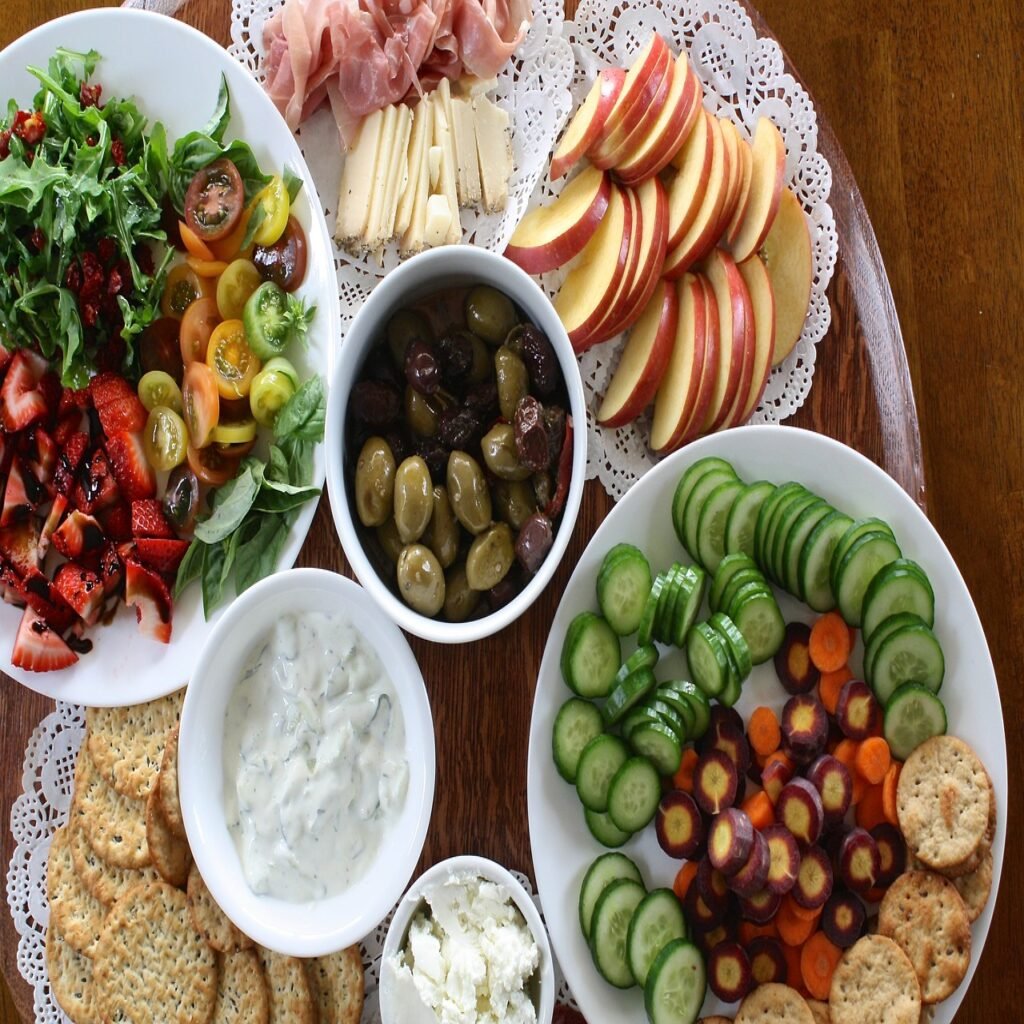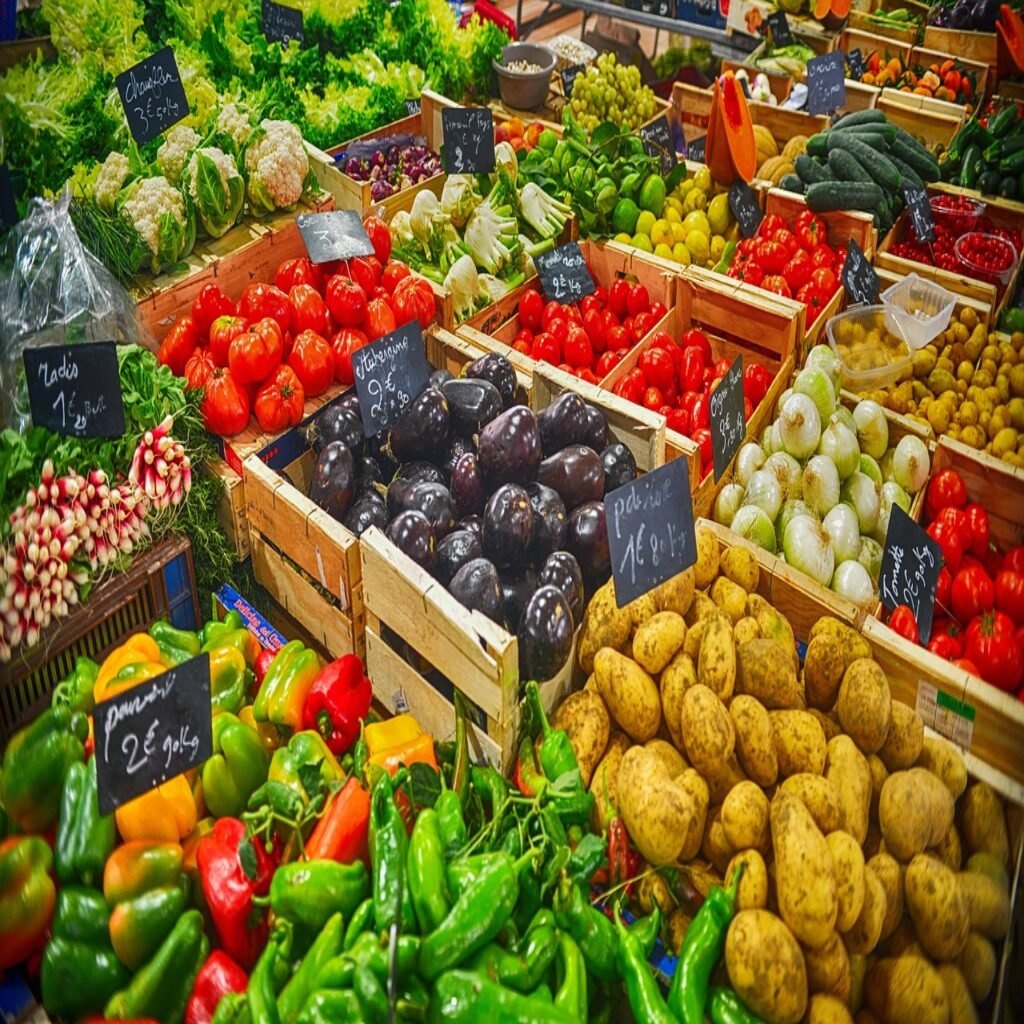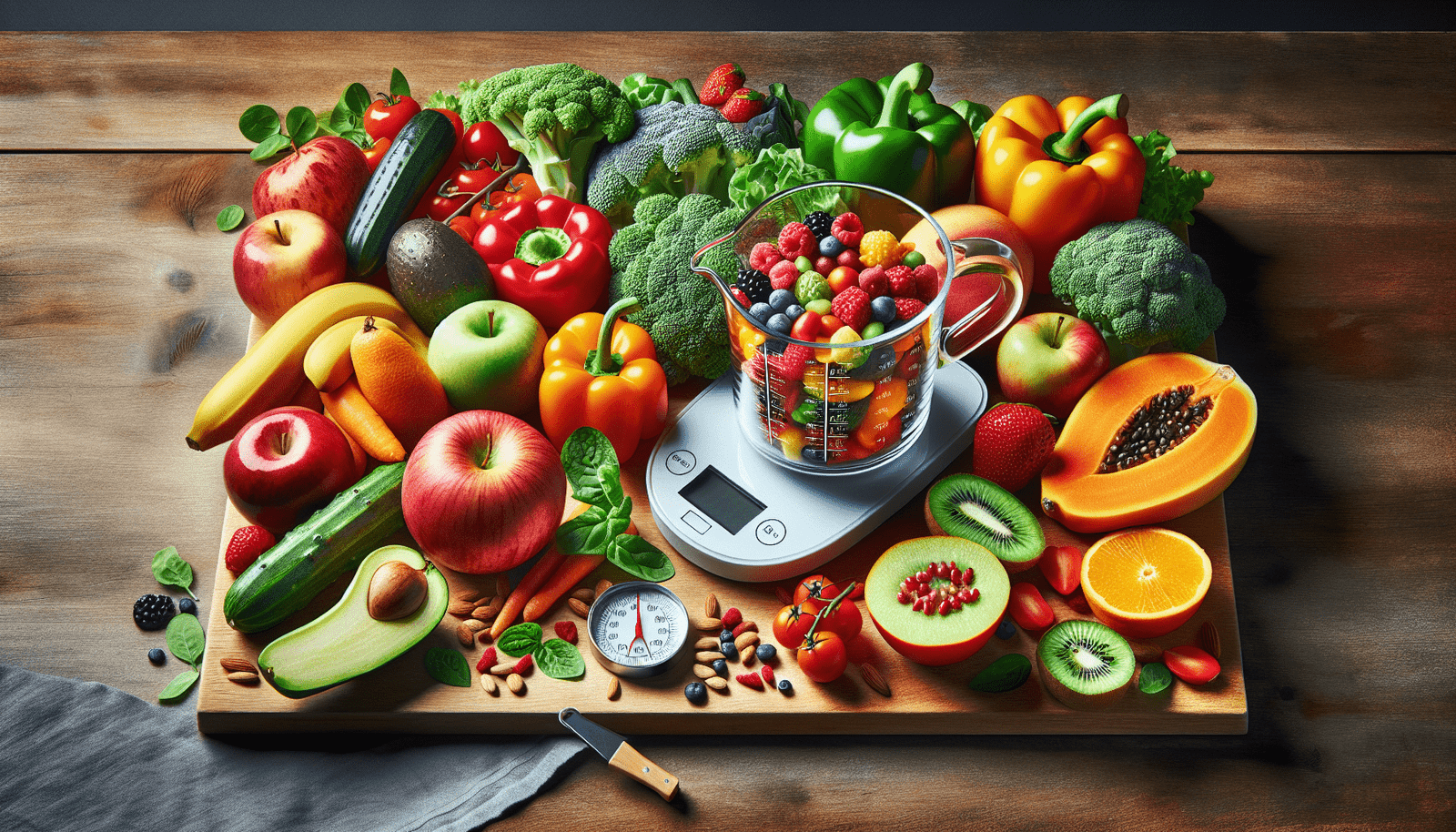Welcome to an article that explores the link between cooking at home and weight loss. By preparing your own meals, you have more control over the ingredients and portion sizes, making it easier to make healthier choices that can support your weight loss goals. Research has shown that those who cook at home tend to have a lower body mass index (BMI) compared to those who rely on take-out or dining out. So grab your apron and spatula, and let’s dive into how cooking at home can help you on your journey to a healthier weight. How Does Cooking At Home Contribute To Weight Loss?
Have you ever wondered how cooking at home can actually help you lose weight? Believe it or not, the simple act of preparing meals in your own kitchen can have a significant impact on your weight loss journey. In this article, we will explore the various ways that cooking at home can contribute to weight loss and help you achieve your health goals. So, grab your apron and let’s get started on this culinary adventure!
Control Over Ingredients and Portions
When you cook at home, you have complete control over the ingredients you use in your meals. This means that you can choose healthier options such as fresh fruits and vegetables, lean proteins, and whole grains. By avoiding processed foods and excessive amounts of sugar, salt, and unhealthy fats, you can significantly reduce your calorie intake and make more nutritious choices.
Tip: Take advantage of your ability to measure and portion your food to ensure you are not overeating. Use measuring cups, food scales, and portion control containers to help you keep track of how much you are consuming.
Reduction in Caloric Intake
Eating out at restaurants or ordering takeout often involves consuming large portions of food that are high in calories, salt, and unhealthy fats. When you cook at home, you can control the portion sizes and the cooking methods used, which can lead to a reduction in your overall caloric intake. By preparing meals that are balanced and nutrient-dense, you can effectively manage your weight and make healthier choices.
Tip: Opt for cooking methods such as baking, grilling, steaming, or stir-frying instead of frying in oil to reduce the amount of added fats and calories in your meals.

Increased Awareness of Food Choices
Cooking at home requires planning, preparation, and mindfulness when it comes to selecting ingredients and recipes. This process can help increase your awareness of the food choices you make and how they can impact your health and weight. By becoming more conscious of what you are eating and how it is prepared, you can make informed decisions that support your weight loss goals.
Tip: Keep a food journal or use a tracking app to record your meals, snacks, and beverages. This will help you stay accountable and identify any patterns or behaviors that may be hindering your progress.
More Balanced and Nutritious Meals
When you cook at home, you have the power to create meals that are balanced and nutritious, providing your body with the essential nutrients it needs to thrive. By incorporating a variety of fruits, vegetables, whole grains, lean proteins, and healthy fats into your meals, you can boost your metabolism, support your immune system, and improve your overall health.
Tip: Experiment with different recipes, flavors, and cooking techniques to keep your meals interesting and enjoyable. Look for inspiration from cookbooks, cooking shows, or online recipe websites to expand your culinary skills and repertoire.

Cost-Effective and Budget-Friendly Options
Cooking at home can be a cost-effective and budget-friendly way to manage your weight and improve your health. By planning your meals, shopping for groceries in bulk, and cooking in batches, you can save money on dining out and reduce food waste. Additionally, you can control the quality and quantity of ingredients you use, ensuring that you are getting the most bang for your buck.
Tip: Look for sales, discounts, and coupons at your local grocery store or farmers’ market to stock up on affordable and fresh produce. Consider investing in kitchen staples such as herbs, spices, and pantry items that can be used in a variety of recipes.
Family and Social Engagement
Cooking at home can also be a great way to engage with your family and friends, fostering stronger relationships and creating lasting memories. By involving your loved ones in meal planning, grocery shopping, and cooking, you can cultivate a sense of teamwork and cooperation that extends beyond the kitchen. Sharing a home-cooked meal together can promote bonding, communication, and a sense of community that can positively impact your mental and emotional well-being.
Tip: Organize a weekly potluck dinner or cooking club with your family, friends, or neighbors to share recipes, exchange cooking tips, and enjoy delicious homemade dishes together. Encourage everyone to contribute a dish or beverage that aligns with your weight loss goals and dietary preferences.

Time Management and Meal Prep
One of the key benefits of cooking at home is the opportunity to practice time management and meal prep skills that can streamline your cooking process and save you time and energy. By planning your meals in advance, creating shopping lists, and preparing ingredients ahead of time, you can minimize stress, reduce the temptation to order takeout, and stay on track with your weight loss goals.
Tip: Set aside a designated day of the week to meal prep and batch cook large quantities of your favorite recipes. Divide the cooked meals into individual portions or containers that can be easily reheated or assembled for quick and convenient dining throughout the week.
Customization and Personalization
When you cook at home, you have the flexibility to customize and personalize your meals to suit your taste preferences, dietary restrictions, and health goals. Whether you are following a specific diet plan, reducing your intake of certain ingredients, or experimenting with new flavors and cuisines, cooking at home allows you to take ownership of your food choices and tailor your meals to meet your individual needs.
Tip: Get creative with substitutions, modifications, and enhancements to your favorite recipes to make them healthier and more satisfying. Swap out ingredients that are high in calories, sugar, or sodium with alternatives that are lower in fat, sugar, or salt to optimize your meals.

Accountability and Self-Empowerment
Cooking at home empowers you to take control of your health, well-being, and weight loss journey by holding yourself accountable for the food you eat and the habits you cultivate. By investing time, effort, and energy into preparing homemade meals, you can develop a sense of self-discipline, confidence, and responsibility that can drive positive changes in your lifestyle and mindset.
Tip: Practice mindful eating and conscious cooking by savoring each bite, chewing slowly, and appreciating the flavors, textures, and aromas of your food. Use cooking as a form of self-care and self-expression that reflects your values, beliefs, and aspirations for a healthier and happier life.
In conclusion, cooking at home can make a significant contribution to your weight loss journey by giving you control over your ingredients and portions, reducing your caloric intake, increasing your awareness of food choices, and providing you with more balanced and nutritious meals. By embracing the benefits of home cooking, you can enjoy cost-effective and budget-friendly options, engage with your family and friends, practice time management and meal prep, customize and personalize your meals, and hold yourself accountable and empowered on your path to better health. So, next time you step into the kitchen, remember that every meal you prepare is a step towards achieving your weight loss goals and living your best life! Happy cooking!




